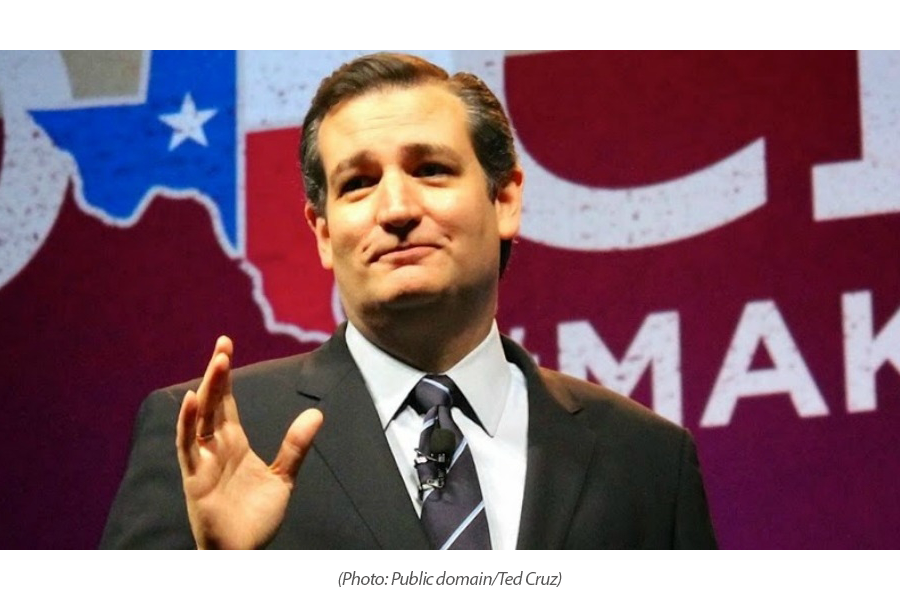By John Commins for Health Leaders Media
Farzad Mostashari, MD, the former National Coordinator for Health IT at the Department of Health and Human Services, and Martin S. Gaynor, a professor of economics and health policy, discuss how policy helps and/or harms competition in the healthcare marketplace.
Despite the near-universal agreement that the U.S. healthcare delivery system should remain market-based, there has been surprisingly little talk amongst government policy makers and private payers about the potential for stifling competition with over-regulation.
An essay this month in JAMA calls for a re-examination of how healthcare rules, regulations, and policies help or harm competition in the healthcare marketplace.
Farzad Mostashari, MD, the former National Coordinator for Health IT at the Department of Health and Human Services, and Martin S. Gaynor, a professor of economics and health policy at Carnegie Mellon University, two authors of the essay, spoke with HealthLeaders last week. The following is a lightly edited transcript.
HLM: When is consolidation in healthcare good?
Mostashari: Healthcare consolidation can be good when the integration leads to the larger organization taking on the work of truly integrated patient care experience.
In particular, as we are entering into this realm of moving from volume to value, when that larger organization uses those efficiencies that are often promised but rarely delivered to actually provide more value, whether it’s for the taxpayer, the government, the employer or the individual.
Unfortunately, the evidence to date does not support a whole lot of that kind of good consolidation. On average those entities that have consolidated have increased prices, but not increased quality.
Gaynor: It’s important to remember that consolidation is not integration. Consolidation is change of ownership. Integration is really working together and becoming a single organization working to one purpose in a coordinated way.






















